Honking
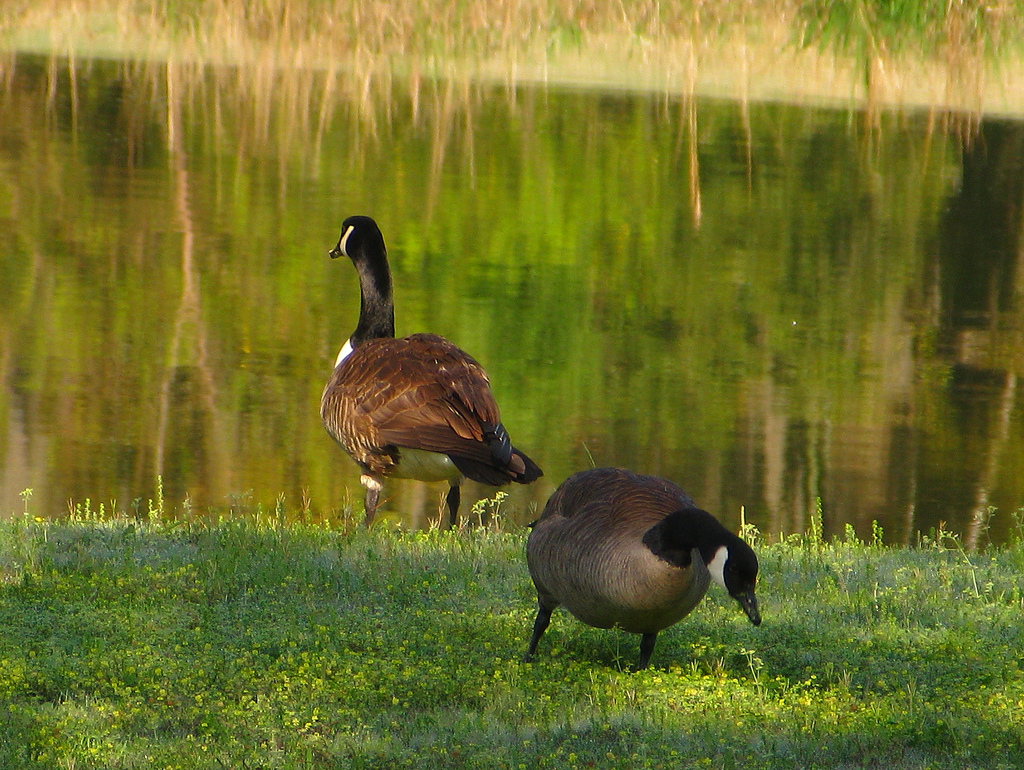
.jpg?timestamp=1385259937800)
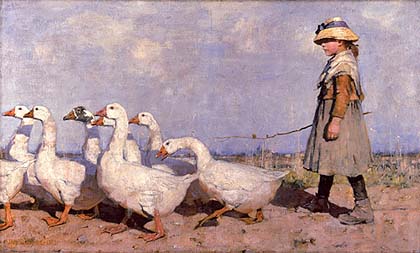
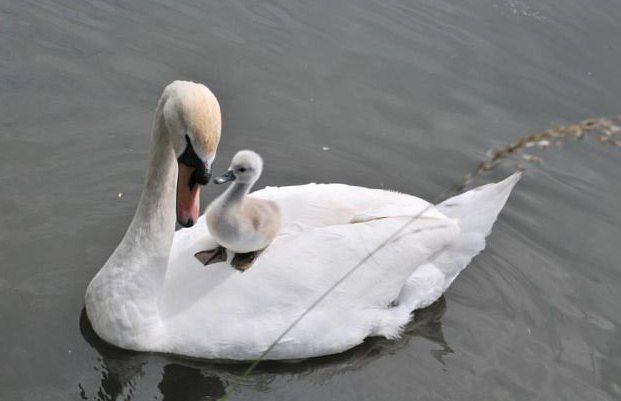
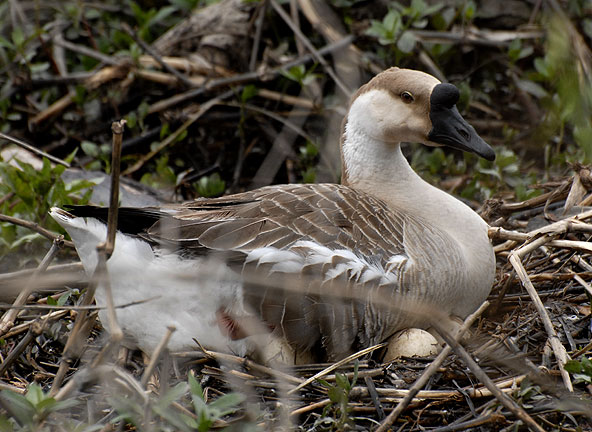
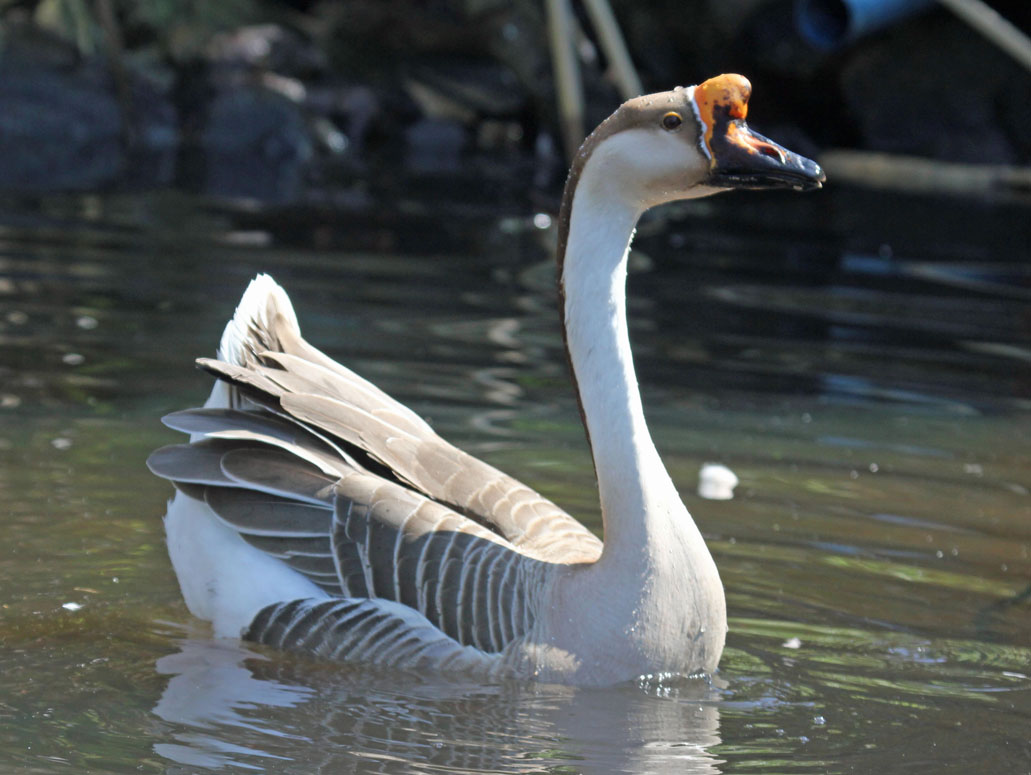
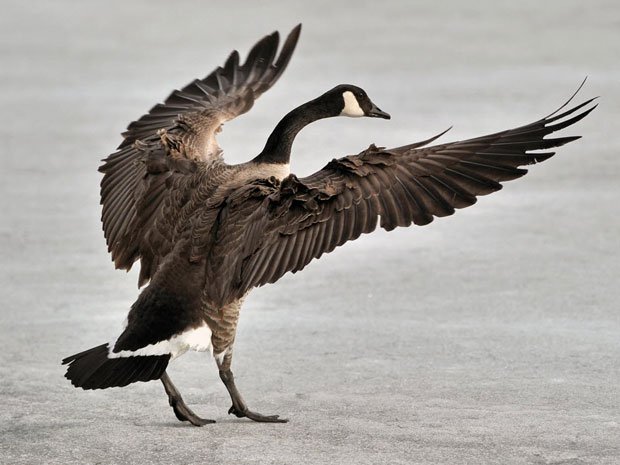
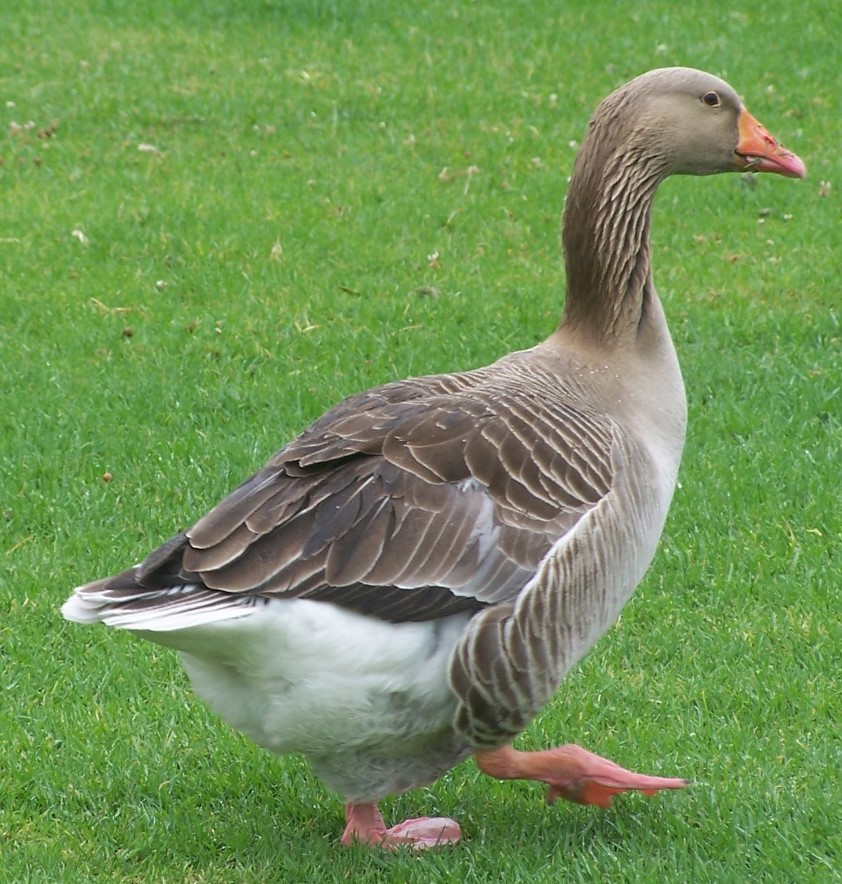
Honk
Swans Reason
"Ask now the beasts, and they shall teach thee; and the fowls of the air, and they shall tell thee; or speak to the earth, and it shall teach thee; and the fishes of the sea shall declare unto thee. Who knoweth not in all these that the hand of the Lord hath wrought this?"
Job 12:7-9.
What is it that the birds and beasts and fishes will teach us?-Not how to build houses, and conduct business affairs, although men may learn many things from them in these lines; but that which we may specially learn from them is the care that God has for all His creatures, and that all the wisdom possessed by bird, beast, or man, comes from God. He teaches the birds all that is necessary for them to know; and if man were as teachable as the lower orders of creation, He would teach them all that they need to know, and more than they have yet dreamed of.
When the Lord spoke to Job, to bring down his self-confidence, He asked him: "Doth the hawk fly by thy wisdom, and stretch her wings toward the south?" Job 39:36. And of the ostrich He said, "God hath deprived her of wisdom, neither hath He imparted to her understanding." Verse 17. So we see that the wisdom, which the birds display is the manifestation of the all-pervading Spirit of wisdom working in them.
But they do not possess all their wisdom by birth. In common with man, they have to learn by experience. There is a common way of speaking of birds and beasts as moved by "instinct," which is, without thought understood to mean that they act automatically, without exercising thought or reason. This is a great mistake. Animals think, and reason, and exercise forethought, just as truly as men do, and some learn much more quickly than others. The American naturalist, Wilson, called attention to the fact that the nests of young birds are distinctly inferior to those of older ones, both as regards their situation and construction; and in species that have been closely watched for a sufficient length of time, a steady improvement in the construction of nests has been observed.
A missionary from South Africa tells of some swans that had been imported to that country and set at liberty. In their old home they had been accustomed to build their nests on the riverbanks, and so they did in their new locations. But the rivers were subject to sudden floods, and their nests were washed away. This occurred twice, and then one wise pair conceived the idea of building a floating nest, and attaching it to something immovable, so that it would rise and fall with the stream, and not be carried away. Seeing the success of this scheme, other birds did the same the next year, and the year after all the swans on that and other rivers built the same kind of nests, and suffered no further loss of their homes. Here was clearly a case of learning by experience and observation, just as men do-sometimes.
In a book strangely named, "Illustrations of Instinct," but which ought rather to be called "Illustrations of the Reasoning Faculty in Animals," Couch tells the following story of a swan:-
"This swan was nineteen or twenty years old, had brought up many broods, and was highly valued by the neighbours. She exhibited, some eight or nine years past, one of the most remarkable powers of instinct ever recorded. She was sitting on four or five eggs, and was observed to be very busy in collecting weeds, grasses, etc., to raise her nest; a farming man was ordered to take down half a load of haulm, with which she most industriously raised her nest and the eggs two feet and a half; that very night there came down a tremendous fall of rain; which flooded all the malt shops, and did much damage. Man made no preparation; the bird did; instinct prevailed over reason. Her eggs were above, and only just above, the water." ‘
Does not this show that what he calls "instinct" is higher than man's "reason"? Ought not the man, then, to learn from the bird! What would not the men of that neighbourhood have given to be in connection with the swan's source of information! For she did not have the knowledge inherent in herself, and must have learned from some source. How humiliating, that a bird should know more than a man! This is not as it should be; everything in man has been perverted. When man comes into full connection with God, "in whom are hid all the treasures of wisdom and knowledge," and is filled with "the Spirit of wisdom and revelation in the knowledge of Him," he will take his rightful place as head and Lord of creation, and then will the birds learn from him.”
July 25, 1901 EJW, PTUK 465-466